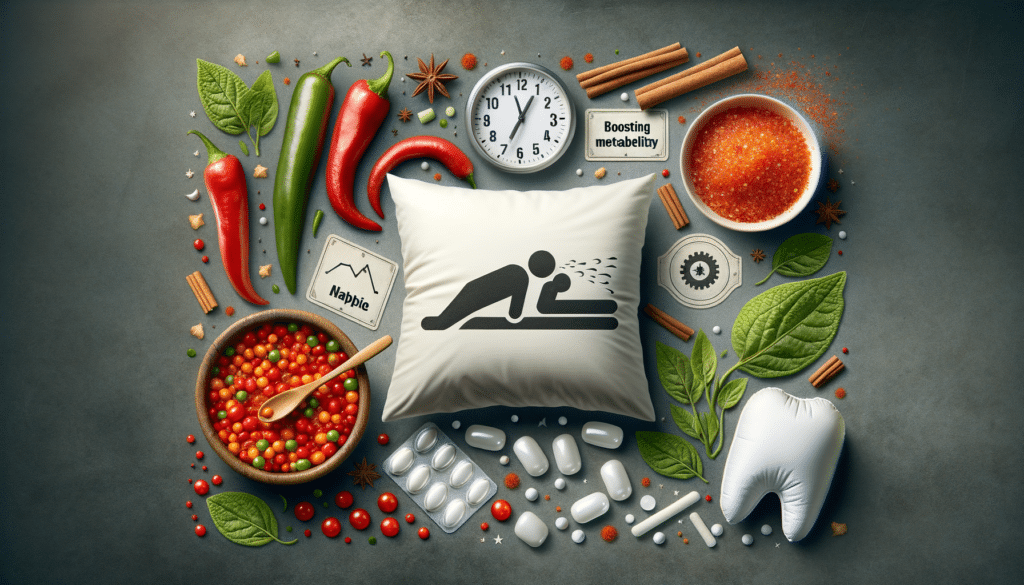How to Support a Healthy Metabolism with Daily Habits
Supporting a healthy metabolism through daily habits is a practical and attainable goal. Your metabolism is the process by which your body converts what you eat and drink into energy. Even when you’re at rest, your body needs energy for basic functions such as breathing, circulating blood, and repairing cells. Here are several habits you can incorporate into your daily routine to help support a healthy metabolism:
- Stay Hydrated: Water is essential for metabolism. Drinking enough water can temporarily boost your metabolism by up to 30%.
- Regular Physical Activity: Engaging in regular exercise, especially strength training, can increase your metabolic rate by building muscle mass.
- Adequate Sleep: Poor sleep is linked to a slower metabolism and weight gain. Aim for 7-9 hours of quality sleep per night.
- Balanced Diet: Eating a balanced diet with sufficient protein can support muscle maintenance and repair, which is crucial for a healthy metabolism.
Incorporating these habits doesn’t require drastic lifestyle changes but rather a commitment to consistency. Over time, these small adjustments can lead to significant improvements in your metabolic health.
Can Eating Spicy Food Influence Metabolism?
Spicy foods, particularly those containing chili peppers, have been associated with a temporary boost in metabolism. This is largely due to a compound called capsaicin, which gives chili peppers their heat. Capsaicin is believed to increase the amount of heat your body produces, leading to a temporary increase in calorie burning. Here’s how spicy foods might influence your metabolism:
- Thermogenic Effect: Capsaicin can enhance the thermogenic effect, which is the production of heat in the body, helping to burn more calories.
- Appetite Suppression: Some studies suggest that capsaicin may reduce appetite, potentially leading to reduced calorie intake.
- Fat Oxidation: Spicy foods may increase the rate at which fat is oxidized, contributing to weight management.
While the effects of spicy foods on metabolism are modest, incorporating them into a balanced diet could be a flavorful way to support your metabolic health. However, it’s important to consume spicy foods in moderation, as excessive intake can lead to digestive discomfort.
How Napping Might Affect Your Metabolism
Napping is often considered a quick fix for fatigue, but its relationship with metabolism is more complex. While short naps can boost alertness and improve mood, their impact on metabolism can vary depending on several factors:
- Duration Matters: Short naps (20-30 minutes) can refresh you without interfering with nighttime sleep, whereas longer naps can disrupt your sleep cycle and potentially affect your metabolism negatively.
- Sleep Deprivation: If you’re sleep-deprived, napping can help make up for lost sleep, which is essential for a healthy metabolism. Chronic sleep deprivation is linked to metabolic disorders such as obesity and diabetes.
- Energy Levels: A quick nap can increase energy and reduce fatigue, indirectly supporting a more active lifestyle, which is beneficial for metabolism.
While napping can be beneficial, it should not replace a good night’s sleep. A consistent sleep schedule is vital for maintaining a robust metabolism. If you find yourself needing naps regularly, it might be worth evaluating your nighttime sleep quality and duration.


